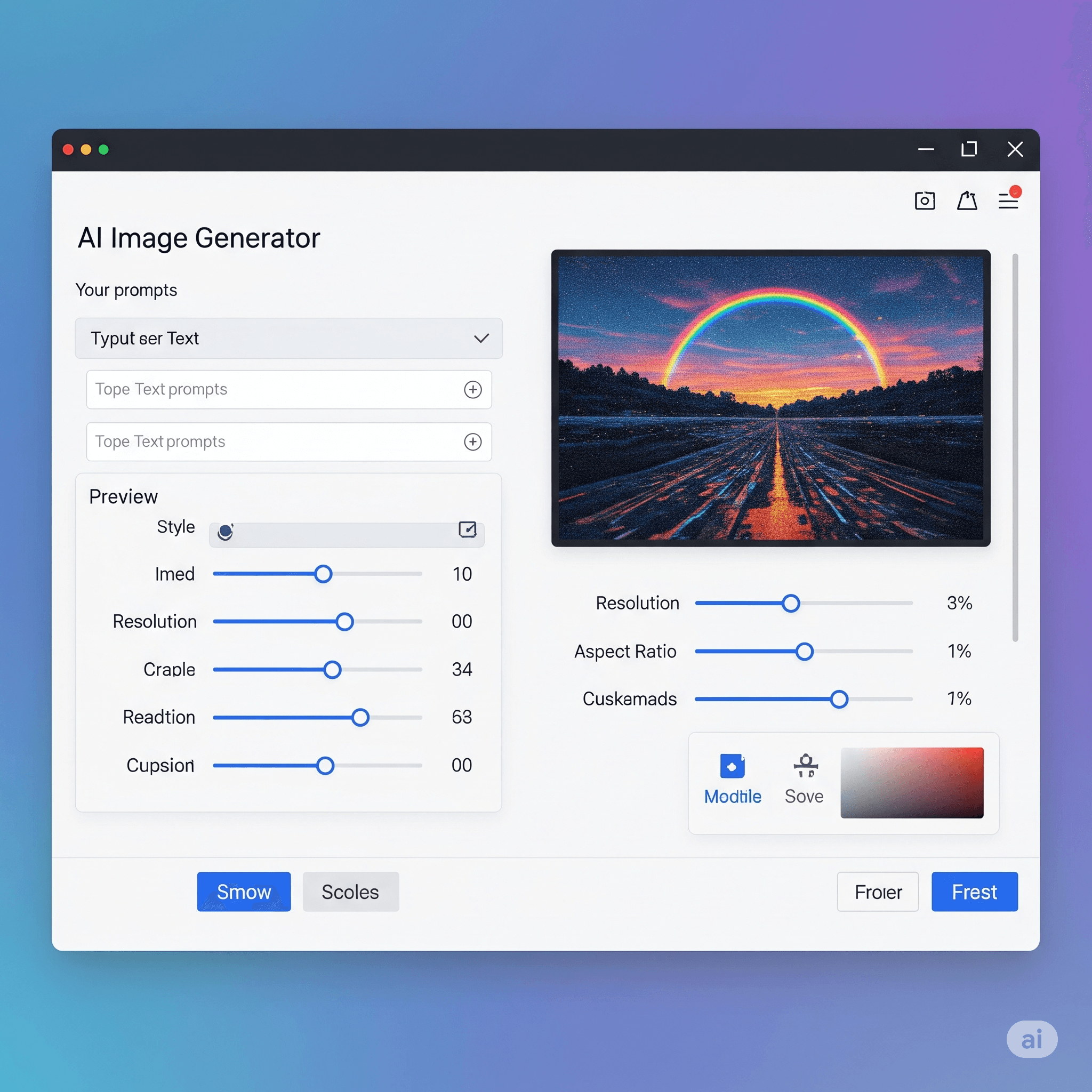Question: Some commonly recognized OOP principles are?
Answer:
OOP (Object-Oriented Programming) is a programming paradigm that is based on the concept of "objects" which can contain data and code that operates on that data. It encompasses several principles that guide the design and implementation of object-oriented systems. Some commonly recognized OOP principles are:
1. Encapsulation: Encapsulation refers to the bundling of data and methods within an object, hiding the internal details and providing a public interface for interaction with the object. It promotes information hiding and data protection.
2. Inheritance: Inheritance allows objects to inherit properties and behaviors from parent or base classes. It enables code reuse, promotes modularity, and supports the creation of hierarchical relationships between classes.
3. Polymorphism: Polymorphism allows objects of different types to be treated as instances of a common base class. It allows for code flexibility, as different objects can respond differently to the same method call based on their specific implementations.
4. Abstraction: Abstraction involves simplifying complex systems by focusing on essential properties and behaviors while hiding unnecessary details. It allows for the creation of abstract classes and interfaces that define common behaviors without specifying the implementation details.
5. Modularity: Modularity promotes dividing a system into smaller, independent modules or components that can be developed and maintained separately. It improves code organization, reusability, and scalability.
These principles, along with other concepts such as composition, polymorphism, and design patterns, form the foundation of object-oriented programming and help in creating modular, maintainable, and extensible software systems.
MCQ: Some commonly recognized OOP principles are?
Explanation:
OOP (Object-Oriented Programming) is a programming paradigm that is based on the concept of "objects" which can contain data and code that operates on that data. It encompasses several principles that guide the design and implementation of object-oriented systems. Some commonly recognized OOP principles are:
1. Encapsulation: Encapsulation refers to the bundling of data and methods within an object, hiding the internal details and providing a public interface for interaction with the object. It promotes information hiding and data protection.
2. Inheritance: Inheritance allows objects to inherit properties and behaviors from parent or base classes. It enables code reuse, promotes modularity, and supports the creation of hierarchical relationships between classes.
3. Polymorphism: Polymorphism allows objects of different types to be treated as instances of a common base class. It allows for code flexibility, as different objects can respond differently to the same method call based on their specific implementations.
4. Abstraction: Abstraction involves simplifying complex systems by focusing on essential properties and behaviors while hiding unnecessary details. It allows for the creation of abstract classes and interfaces that define common behaviors without specifying the implementation details.
5. Modularity: Modularity promotes dividing a system into smaller, independent modules or components that can be developed and maintained separately. It improves code organization, reusability, and scalability.
These principles, along with other concepts such as composition, polymorphism, and design patterns, form the foundation of object-oriented programming and help in creating modular, maintainable, and extensible software systems.
Discuss a Question
Related Questions
- 1. COBOL is widely used in applications
- 2. RAM stands for
- 3. 1 Byte =?
- 4. SMPS stands for
- 5. The device used to carry digital data on analogue lines is called as
- 6. VDU is also called
- 7. BIOS stands for
- 8. Father of “C‘ programming language
- 9. The instructions that tell a computer how to carry out the processing tasks are referred
- 10. An area of a computer that temporarily holds data waiting to be processed is……….
You may be interested in:
Computer Basics MCQs






